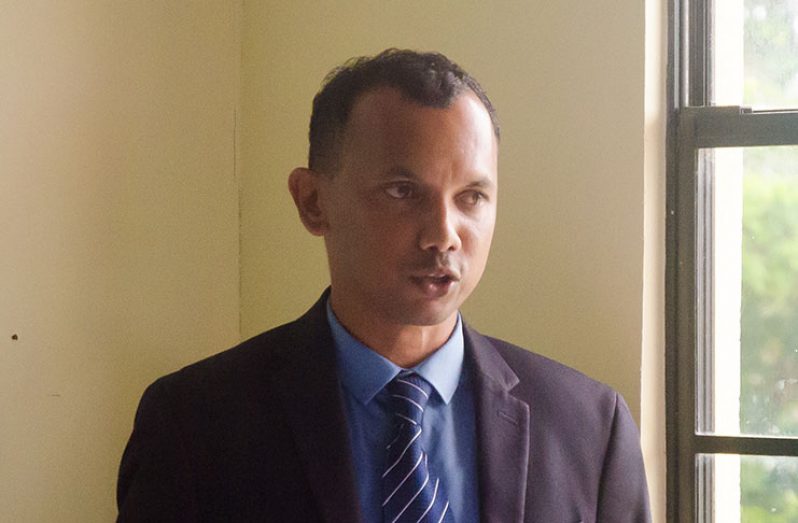– says CANU
THE Customs Anti-Narcotics Unit (CANU) is asking the Public Security Ministry to speed up the application process for convicted drug mules who are willing to give testimony against their suppliers, in exchange for a reduction in their sentences.
This is according to CANU’s Deputy Head, Leslie Ramlall, who was delivering remarks on Thursday, at the opening of newly-constructed building at CANU Headquarters, Homestretch Avenue, Georgetown.
“We are seeing the arrest of several mules, the challenge we are being confronted with, is, while the mules are willing to give information, they are not willing to testify in court against persons who recruited them,” he said
He said CANU will be lobbying the Public Security Ministry to reduce the sentences of drug mules, in exchange for their testimony.
“We tried this before but the timeframe it took was really long, so when it was approved, the persons would have already served their time in prison. We need to explore options for mules to testify against those who would have recruited them,” Ramlall said.
Noting a recent case, Ramlall said when CANU issued a wanted bulletin for Winston Carto called “Chief Mike”, the mule caught with drugs refused to give testimony against him.
Chief Mike was wanted in connection with the drug bust of 55-year-old Sandra Angela Profitt of West Ruimveldt, Georgetown, who was found at the airport with 3.378 kilograms (7.4 lbs) of cocaine.
The woman was sitting in the departure area waiting to board a LIAT flight destined for Barbados when she was intercepted by ranks of the CANU.
Sandra Angela Profitt was subsequently sentenced to four years jail with a fine of $9.1M.
“She (Profitt) was not the only person but several other mules that we would have arrested within the last two years. We have encountered that challenge where they are not prepared to testify against the accused,” said CANU’s Deputy Head, Leslie Ramlall.
According to the National Drug Strategy Master Plan (NDSMP) 2016-2020, the national policies will guide the operational plans of the government departments and other entities involved in the reduction of demand, supply reduction, control measures, institutional strengthening, international cooperation and all other aspects of the national fight against drug abuse and its associated ills.
Because of the transnational nature of the drug trade, combined with the porous nature of Guyana’s borders, Guyana suffers from the effects of the drug problem.
While Guyana is using its limited economic and other resources to counter the drug problem, it has also entered into international and bilateral agreements for assistance.



.jpg)









